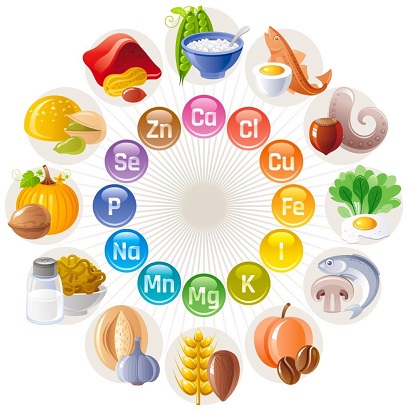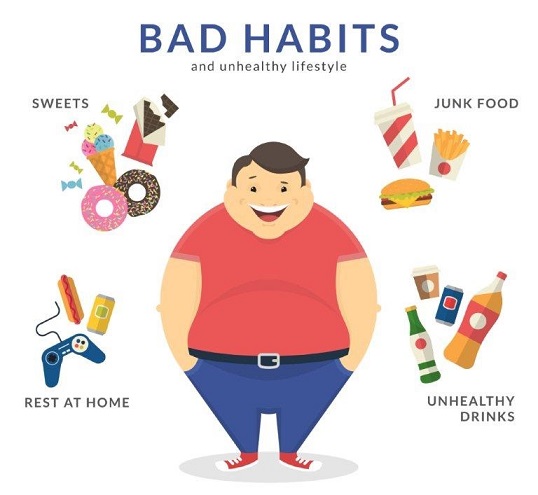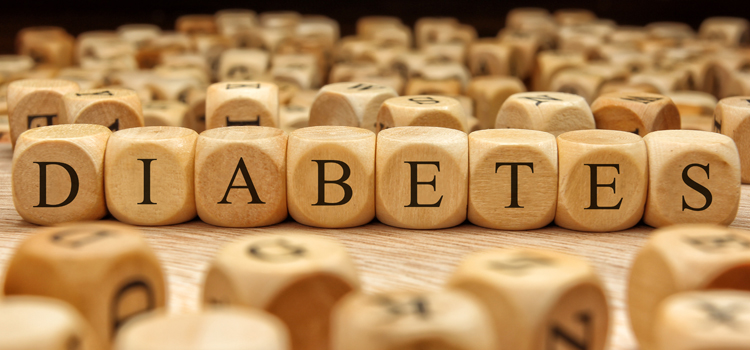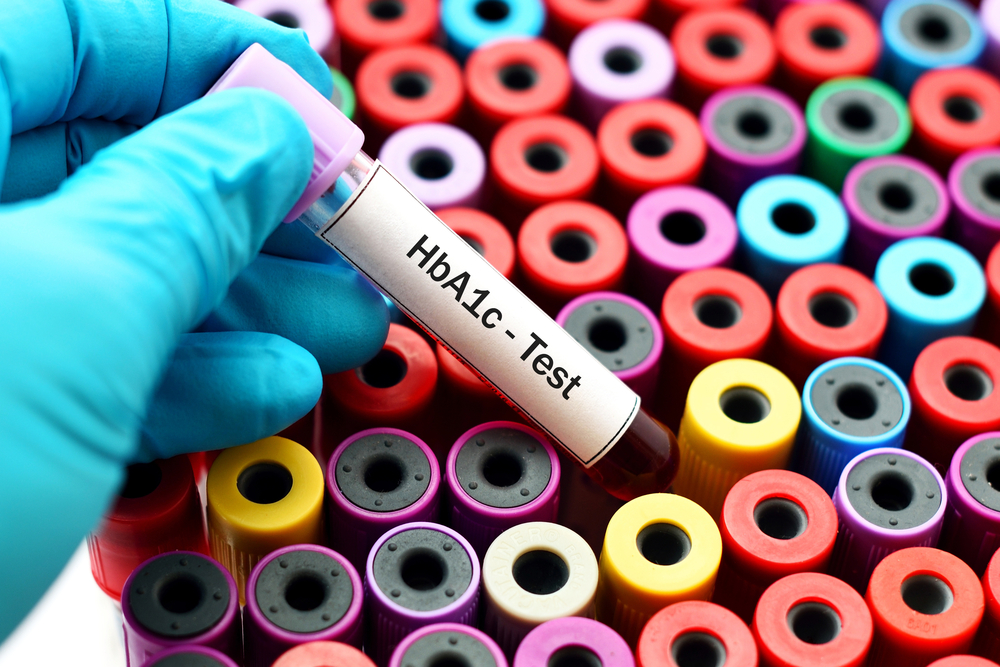Exploring Hypoglycemia: Types, Symptoms, and How to Manage Low Blood Sugar
- 13 Sep, 2024
- Written by Team Dr Lal PathLabs
Medically Approved by Dr. Seema
Table of Contents
Hypoglycemia, also known as low blood sugar, is a condition primarily observed in those with diabetes. While uncommon, it can occur in those without diabetes as well. Left untreated, it can lead to severe side effects, including death. Recognising the types of hypoglycemia and their symptoms is necessary for diagnosis and treatment. In this article, we will discuss hypoglycemia, its symptoms, and ways to manage the condition.
What is Hypoglycemia?
Hypoglycemia is a condition where blood sugar falls below the normal range. It commonly occurs in those with diabetes, particularly Type 1 diabetes. Studies found that almost four out of five people who have Type 1 diabetes and almost half of those who have Type 2 diabetes who take insulin reported low blood sugar levels at least once a week over four weeks. People without diabetes can experience hypoglycemia, but it is not common.
In those with diabetes, hypoglycemia refers to blood sugar levels below 70mg/dL. In those without diabetes, it refers to blood sugar levels below 55mg/dL.
What are the Types of Hypoglycemia?
Depending on its underlying reasons and when symptoms occur, hypoglycemia is further classified into different categories:
1. Hypoglycemia in People with Diabetes
Hypoglycemia in those with diabetes can be caused when there is an imbalance in diet, exercise, and diabetes medications. This could include not taking the right amount of insulin, taking the wrong insulin, injecting it into muscle instead of fat tissue, having higher activity levels than usual, eating late or skipping meals, etc.
Those who are pregnant and have Type 1 diabetes are also more likely to have low blood sugar levels due to hormone fluctuations in the first trimester.
2. Hypoglycemia in People Without Diabetes
Hypoglycemia in people without diabetes can be classified into 2 main types:
- Reactive Hypoglycemia
Reactive hypoglycemia, or postprandial hypoglycemia, occurs when blood sugar levels drop after eating a meal, usually within 4 hours of eating. For those dealing with diabetes, postprandial hypoglycemia may be caused by medications and insulin. A change in medication or dosage can alleviate symptoms.
In people without diabetes, however, the reasons for reactive hypoglycemia are not certain. Symptoms may be related to diet and exercise, alcohol consumption, surgical procedures (like gastric bypass or other bariatric surgeries), inherited metabolic disorders, or certain kinds of tumours. An overproduction of insulin could also cause it and may be a warning sign for developing diabetes.
- Fasting Hypoglycemia
It is also known as non-reactive hypoglycemia and is not necessarily related to meals. It can be related to underlying conditions, including certain medications, excess amounts of alcohol (which can prevent the liver from producing glucose), disorders affecting the kidneys, liver, or heart, eating disorders (like anorexia), or pregnancy.
Certain rare pancreatic tumours can also lead to excess production of insulin or insulin-like substances, which in turn leads to hypoglycemia. Hormone deficiencies can also cause this condition.
3. Nocturnal Hypoglycemia
Nocturnal hypoglycemia, also known as Night Time Hypos, occurs when blood sugar levels drop abnormally at night or while an individual sleeps. According to studies from the International Diabetes Federation, almost half of all hypoglycemia episodes and the majority of severe hypoglycemia episodes occur at night or during sleep.
It affects those who exercise before bed, skip meals (dinner in particular), drink alcohol before sleeping, have infections, or take certain types of insulin at dinner. It also occurs frequently in those who take insulin.
Some people may experience hypoglycemia awareness, in which they do not have typical signs of hypoglycemia and are more likely to sleep through episodes of nocturnal hypoglycemia. They also face a higher risk of getting severe hypoglycemia.
What are the Signs of Hypoglycemia?
Low blood sugar symptoms differ depending on the individual. Recognising them is crucial for preventing further drops in blood sugar:
- Shaking or trembling
- Weakness or fatigue
- Polyphagia (extreme hunger) or nausea
- Confusion and difficulty concentrating
- A headache, anxiety and irritability
- Pale complexion
- Sweating and chills
- Numbness and/or tingling in the cheeks, lips, or tongue
- An irregular or fast heartbeat
Severe hypoglycemia is life-threatening and requires immediate medical intervention. The signs of severe hypoglycemia include:
- Blurry, tunneled, or double vision
- Slurred speech
- A loss of coordination and unusual behaviour
- Unresponsiveness or loss of consciousness
- Seizures
Nocturnal hypoglycemia symptoms can include:
- Sweating or clamminess
- Restless sleep
- Trembling or shaking
- A racing heartbeat or changes in breathing
To prevent the condition, individuals should practise hypoglycemia self-care, such as regular exercise, maintaining a balanced diet, and avoiding alcohol.
If hypoglycemia symptoms are present, it is crucial to consult a medical professional and get tested. A physical exam, medical history, and other blood tests may be required for diagnosis. To check blood sugar levels, book a glucose test with Dr Lal Pathlabs.
FAQs
1. Is Fasting Hypoglycemia Normal?
For people without diabetes, fasting does not typically lead to hypoglycemia.
2. Who is Most at Risk for Hypoglycemia?
Hypoglycemia usually affects people with diabetes and those who take insulin or other diabetes medications.















